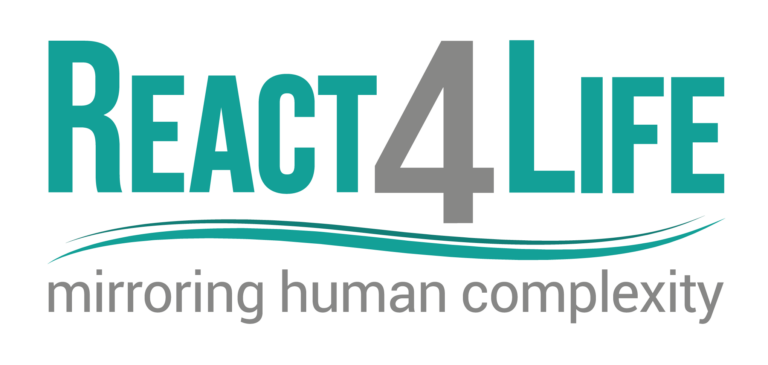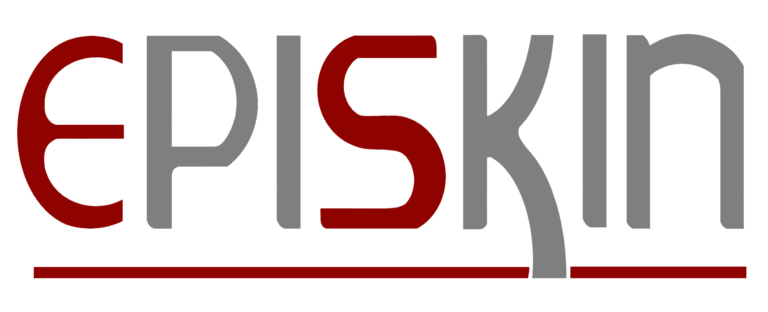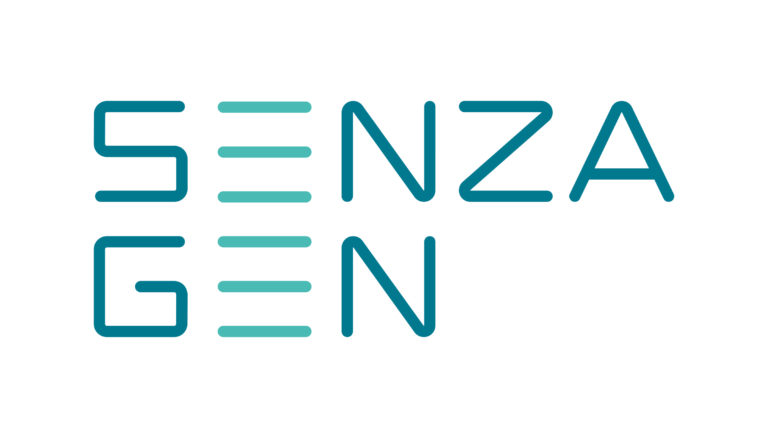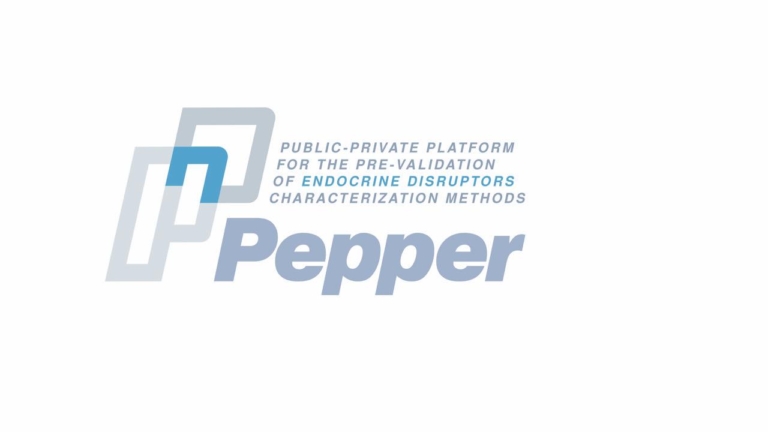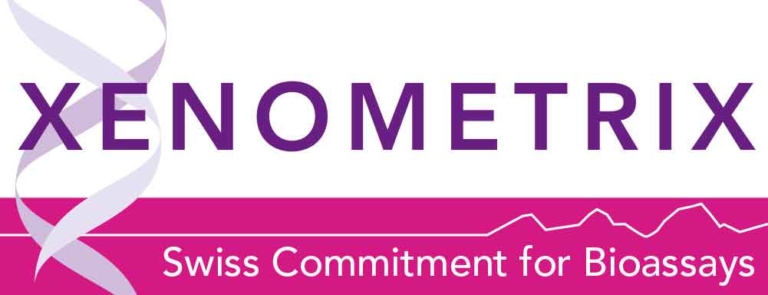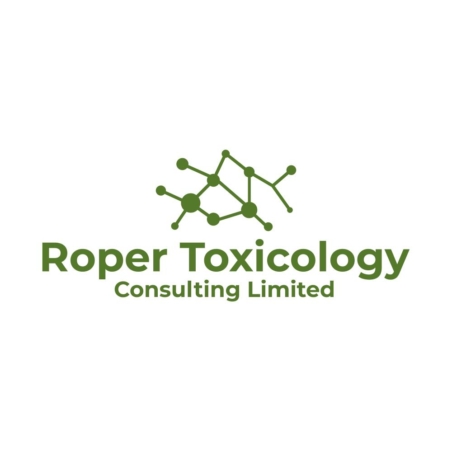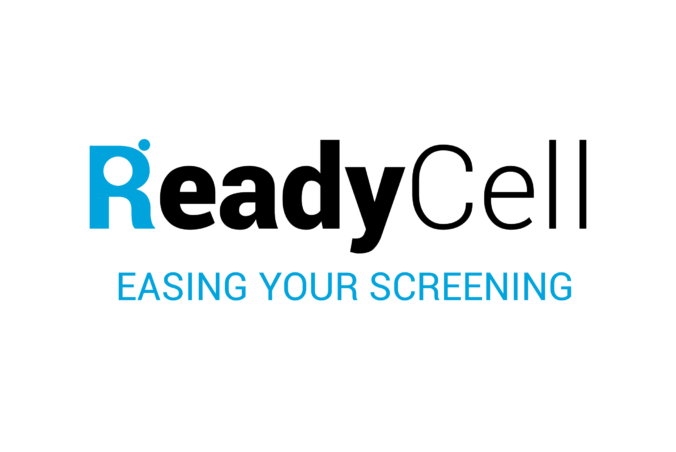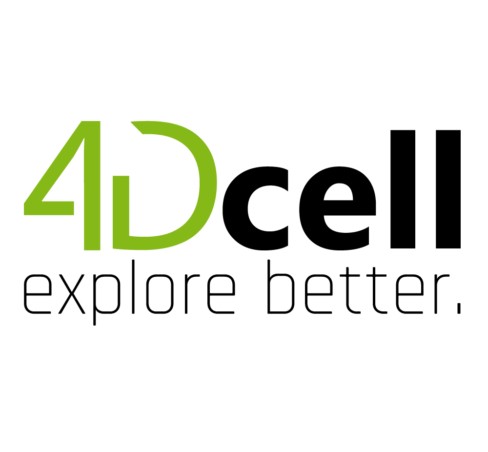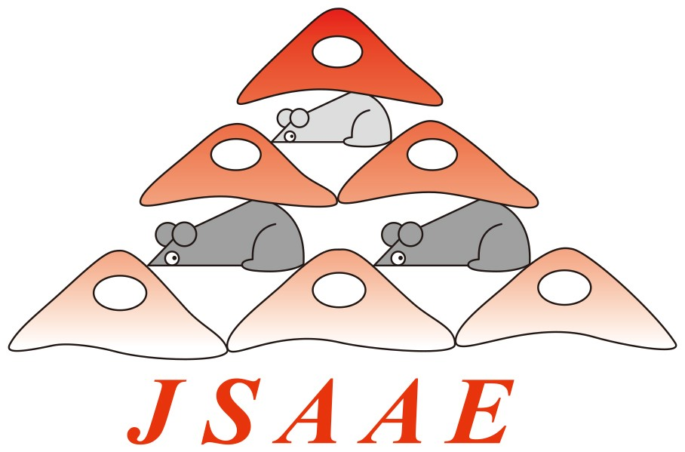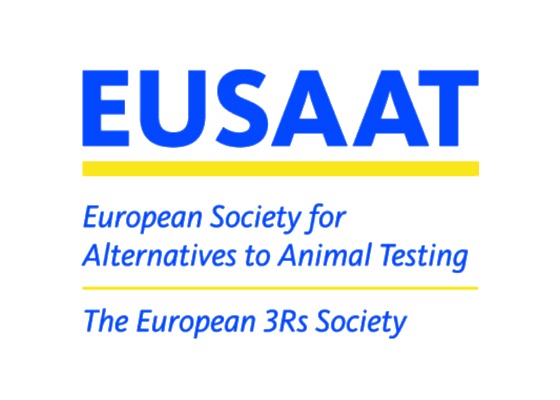The editors of the VSI ESTIV 2022 Key enabling non-animal technologies for research, education and testing
- Helena Kandarova
- Clive Roper
- Marketa Dvořáková
are happy to share that the 8 papers related to the ESTIV 2022 congress were published in the Special issue of TIV.
We extend our heartfelt gratitude to all the authors who chose this special issue as the platform for showcasing their valuable research. Additionally, we are immensely appreciative of the reviewers who have contributed their valuable insights towards enhancing the quality of the manuscripts. A special note of thanks is also due to the Editorial Office of TIV for their enduring collaboration with ESTIV.
Permanent link to the VSI ESTIV 2022: https://www.sciencedirect.com/journal/toxicology-in-vitro/special-issue/109JN2LPBBC
- Parallel evaluation of alternative skin barrier models and excised human skin for dermal absorption studies in vitro
Alec T. Salminen, Kelly J. Davis, Robert P. Felton, Nathania Nischal, … Luísa Camacho, September 2023, View PDF - Inhibitors of SARS-CoV-2 main protease: Biological efficacy and toxicity aspects
Jana Viskupicova, Petronela Rezbarikova, Lucia Kovacikova, Helena Kandarova, Magdalena Majekova, October 2023, View PDF - Cell cycle and enzymatic activity alterations induced by ROS production in human neuroblastoma cells SH-SY5Y exposed to Fumonisin B1, Ochratoxin A and their combination
Raquel Penalva-Olcina, Cristina Juan, Mónica Fernández-Franzón, Ana Juan-García, December 2023, View PDF - In silico and in vitro evaluation of a safety profile of a cosmetic ingredient: 4-methoxychalcone (4-MC)
Agnieszka Gunia-Krzyżak, Justyna Popiół, Karolina Słoczyńska, Dorota Żelaszczyk, … Elżbieta Pękala, December 2023, View PDF - Salmonella mutant strains resistant to herbicides – Acetohydroxyacid synthase inhibitors and their use at the Ames test
Olga V. Egorova, Nataliya E. Suzina, Nataliya A. Ilyushina, December 2023, View PDF - MLtox, online phototoxicity prediction webpage
Matej Halinkovič, Kateřina Mušková, Tibor Sloboda, Marek Lepáček, … Marta Šoltésová Prnová, February 2024, View PDF - A battery of in silico models application for pesticides exerting reproductive health effects: Assessment of performance and prioritization of mechanistic studies
Serhii Kolesnyk, Mykola Prodanchuk, Petro Zhminko, Yana Kolianchuk, … Martin Smieško, December 2023, View PDF - Synthesis of homogeneous spherical selenium nanoparticles through a chemical method for cancer therapy applications
E.I. Adam-Dima, M. Balas, M. Anastasescu, C. Purdel, D. Margină, March 2024, Wiew PDF
ABOUT THE ESTIV 2022 Congress
The 21st International Congress on In Vitro Toxicology (ESTIV 2022) took place in Sitges near the city of Barcelona-Spain between November 21-25, 2022. The general theme of the congress was “Key enabling non-animal technologies for research, education and testing”. This slogan was fully reflected in the thematic sessions to which participants submitted their abstracts for oral or poster presentations. The ESTIV congress started with a pre-congress workshop on bridging across methods in the biosciences (BeAMS): the opportunity of COVID-19 organised jointly with the JRC. The scientific programme offered 15 scientific sessions, lunch sessions hosted by ILSI/ESTIV and JSAASE and a post-congress workshop organised by EPISKIN Academy. The ASPIS annual cluster meeting was a satellite activity open to the public and presented the latest research of the three H2020 consortia (ONTOX, PrecisionTox and RISKHUNT3R) focusing on New Approach Methodologies (NAMs). Please visit ESTIV 2022 Congress web page to obtain more information on the program and registration process. https://www.estiv.org/congress2022/
The registration and abstract submission for the ESTIV 2024 congress in Prague can be found here: https://www.estiv.org/congress2024/
 The ESTIV Members Area
The ESTIV Members Area